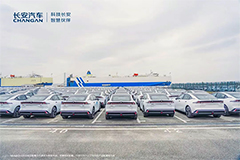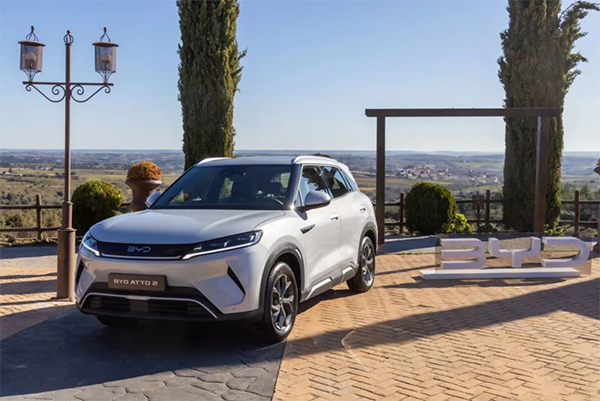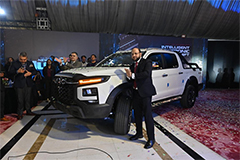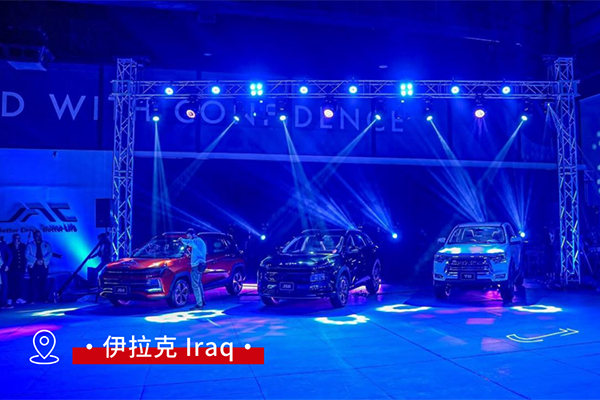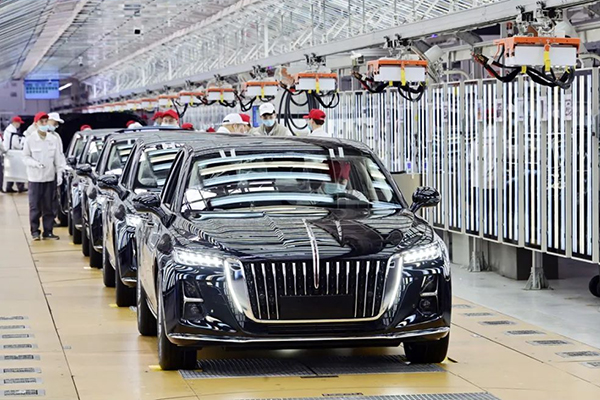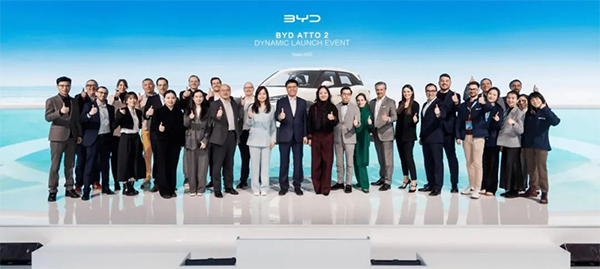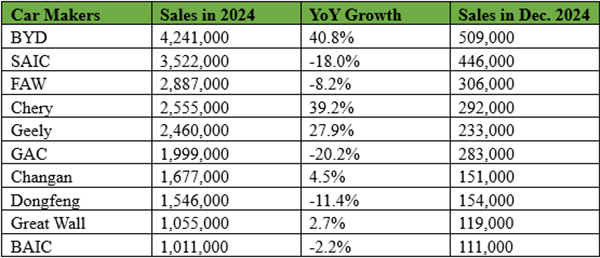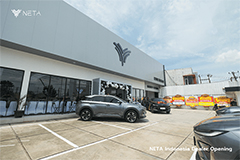Thailand, renowned as the “Detroit of Asia,” has solidified its position as the ninth largest car producer in the world and the largest in the ASEAN region. In 2023, Thailand's auto sales reached 775,800 vehicles, with Japanese brands such as Toyota, Isuzu, and Mitsubishi dominating the market with a combined share of 68.8%.
Historically, Japanese automakers established a strong foothold in Thailand through a four-step strategy: leading with innovative products, collaborating with local partners, localizing production, and offering comprehensive automotive finance and after-sales services. However, the landscape is shifting with the rise of electric vehicles and the emergence of Chinese automotive brands.
Currently, seven Chinese car manufacturers have established factories in Thailand: SAIC, Great Wall, Neta, BYD, Chery, GAC Aion, and Changan. These investments span joint ventures, acquisitions, and new factory setups.
SAIC: SAIC Motor Corporation, in partnership with Thailand's CP Group, operates a factory with an annual capacity of 50,000 to 200,000 vehicles.
Great Wall Motors: Great Wall acquired General Motors' factory in Thailand in November 2020 and upgraded it with advanced technology. Production began in 2021, and in January this year, the factory produced Thailand’s first locally made all-electric vehicle, the ORA Good Cat (ORA 03).
Neta: Neta signed a strategic partnership with Thailand’s PTT Group in November 2022, with plans to start production in April 2024.
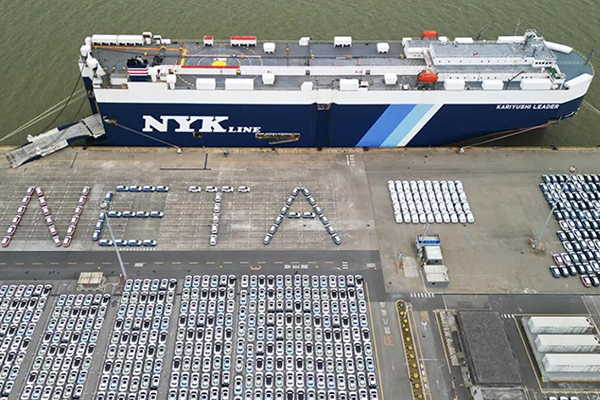 BYD: BYD started building its factory in Rayong, Thailand, in August 2022. On July 4, 2024, BYD celebrated the completion of its factory and the production of its 8 millionth new energy vehicle.
BYD: BYD started building its factory in Rayong, Thailand, in August 2022. On July 4, 2024, BYD celebrated the completion of its factory and the production of its 8 millionth new energy vehicle.
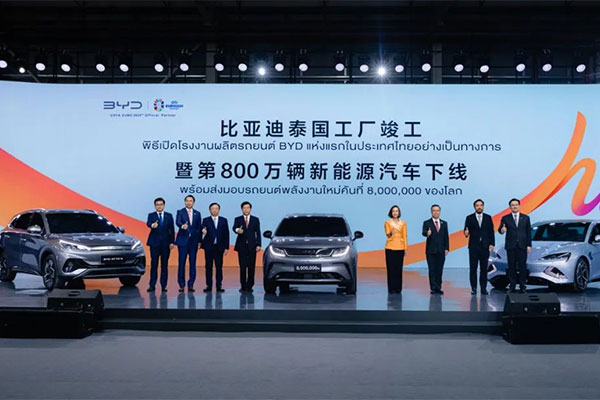 Chery: In April 2024, Chery received approval to build an electric vehicle production base in Thailand, expected to start in 2025 with an initial capacity of nearly 50,000 vehicles annually.
Chery: In April 2024, Chery received approval to build an electric vehicle production base in Thailand, expected to start in 2025 with an initial capacity of nearly 50,000 vehicles annually.
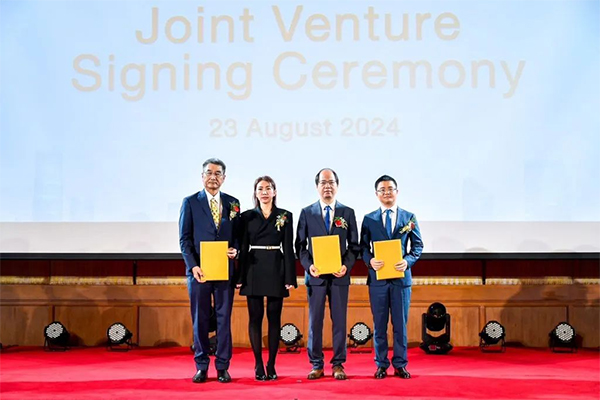 GAC Aion: GAC Aion’s Thai factory began operations in July 2024, achieving simultaneous production of the second-generation AION V model in both China and Thailand.
GAC Aion: GAC Aion’s Thai factory began operations in July 2024, achieving simultaneous production of the second-generation AION V model in both China and Thailand.
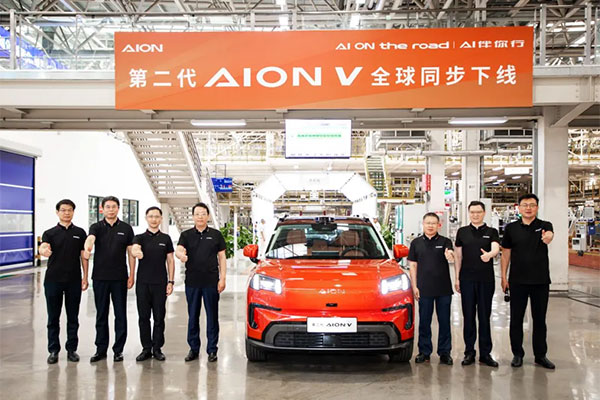 Changan: Changan aims to complete its Thai factory by March 2025, with an initial annual capacity of 100,000 vehicles. The company has already set up 30 dealerships in Thailand, with plans to expand to 100 by 2025.
Changan: Changan aims to complete its Thai factory by March 2025, with an initial annual capacity of 100,000 vehicles. The company has already set up 30 dealerships in Thailand, with plans to expand to 100 by 2025.
The influx of Chinese electric vehicles is attracting further investment from Chinese automotive supply chain companies. Since early 2024, over 100 Chinese listed companies have entered the Thai market. Firms like Gotion High-Tech and SVOLT Energy have set up battery and tire production bases, while electronics manufacturers such as Huadian Co. and Aosong have announced new facilities in Thailand.
Thailand’s automotive industry is rapidly expanding due to substantial investments from Chinese car manufacturers and suppliers. These investments are injecting new energy into the market and paving the way for continued growth and innovation.



